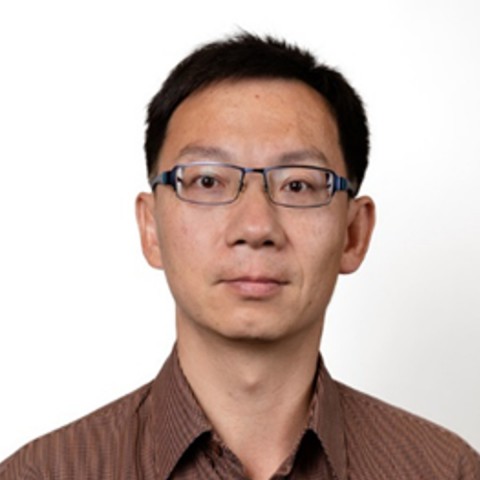Professor Bin Yang
Professor

Biography
Dr Yang graduated from Beijing University of Posts and Telecommunications, China, in 2001. He received MSc and PhD degrees in Electronic Engineering in 2004 and 2008 respectively, from the Antenna and Electromagnetics Group of the Department of Electronic Engineering, Queen Mary University of London (QMUL), UK. Following the completion of his PhD, Dr Yang continued his research journey as a Postdoctoral Researcher within the Antenna and Electromagnetics Group at QMUL. In September 2013, he transitioned to the University of Bolton as a Lecturer, later joined the University of Chester as a Senior Lecturer in September 2015. Subsequently, he was promoted to Associate Professor of Terahertz Engineering in 2019 and Professor of Electromagnetics and Measurements in 2023. Professor Yang has supervised 11 PhD students to successful completion and has published over 60 peer reviewed articles, including prestigious journals such as Nature Communications, Nano Energy, and Advanced Electronic Materials. He has a google scholar H index of 24 with around 2600 citations. He has attracted significant research income as Principal Investigator and Co-Investigator.
Teaching and Supervision
Level HE4 Courses: Principal of Electrical and Electronics (SE4006); Applied Electromagnetics (SE4022). Level HE5 Courses: Electromagnetic Fields and Waves (SE5011); Electrical Machines (SE5041); Analogue and Digital Electronics Design (SE5017); Signal Processing System (SE5042). Level HE7 Courses: Advanced Embedded System and Internet of Things (SE7046); MSc Project (SE7045).
Research and Knowledge Exchange
Professor Yang's research focuses on the development of Microwave and Terahertz systems for various research and commercial applications, including quality control in large-scale manufacturing and homeland security screening. Additionally, he explores fundamental material physics for applications in high power, high energy storage devices, 5G/6G communication devices and biomedical applications. He conducts electromagnetic measurements on diverse solid condensed matters such as dielectric ceramics, magnets, semiconductors and superconductors. Recently, he has expanded his research to include the utilization of electromagnetic absorption and other sensors to measure human respiration disorder conditions, particularly during sleeping.